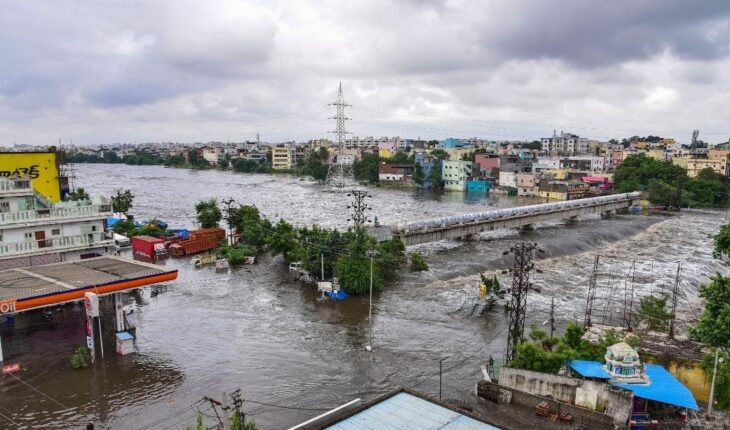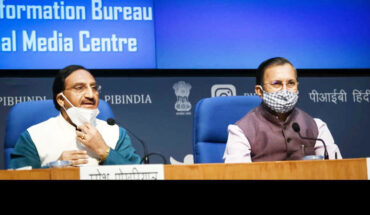Consumer companies are so nervous about the changing weather patterns that some of them have started hiring meteorologists and weather forecasting agencies. Unseasonal rains often disrupt supply chains and the basic services of consumer service companies.

The changing weather patterns have started interfering with business and everyday life. In many cities of North India including Delhi, Amritsar, Mandi, etc., it suddenly rained so much that life became difficult. Flood conditions were created everywhere. The floods which used to happen in Bihar and Assam, have now entered the capital. Experts opine that due to climate change, such extreme changes in weather will increase further in the coming years. Now, one has to learn to live with such extreme conditions. It is natural for climate change to have an impact on both business and daily life. Food delivery platforms like Zomato and Swiggy are so nervous about the changing weather patterns that they have started hiring meteorologists and weather forecasting agencies. Unseasonal rains and storms disrupt supply chains and the basic services of consumer service companies. To deal with conditions like extreme heat, cold, and rain, both food aggregators have started working on weather forecasting to manage demand fluctuations and strengthen their delivery systems. In case of unseasonal rain, the delivery staff is required to wear rain gear. In hilly areas, even more difficulties arise.
Climate change can have far-reaching economic consequences. Extreme weather events such as storms, floods, and wildfires can damage infrastructure, disrupt supply chains and increase insurance costs. In agricultural areas, changing weather patterns can affect crop yields and food production, which can increase food prices. In addition, businesses that rely on natural resources, such as fisheries and forestry, may have reduced productivity. In addition, it may pose a risk to human health. Rising temperatures can lead to heat-related illness and deaths, especially in vulnerable populations. Changes in rainfall patterns may increase the risk of waterborne diseases and vector-borne diseases such as malaria and dengue. Injuries and mental health issues can also result from extreme weather events. Climate change affects the energy sector too in a variety of ways. As the world moves towards cleaner energy sources, businesses involved in fossil fuel extraction and production may face challenges. Renewable energy industries such as solar and wind may experience growth opportunities as governments and businesses invest in clean technologies and reduce greenhouse gas emissions.
Governments around the world are implementing policies and regulations to combat climate change. These measures include emissions trading systems and stricter environmental standards. Climate change awareness is also influencing consumer behavior. Consumers are increasingly looking for eco-friendly products and services and favoring companies with sustainable practices. Businesses that fail to address climate change concerns face reputational risk and the potential loss of market share. Climate change can damage physical infrastructure including buildings, roads, and transport networks. Rising sea levels pose a particular threat to coastal areas, increasing the risk of flooding and erosion. Businesses and governments need to invest in adapting infrastructure to cope with climate-related risks. Climate change brings new risks to the insurance and financial sectors. Insurers may experience higher claims due to extreme weather events, which can lead to an increase in premiums. Financial institutions are also recognizing the potential for climate-related financial risks, including stranded assets and the devaluation of carbon-intensive industries.
The writer is a senior journalist and columnist.View are personal
Twitter @narvijayyadav






